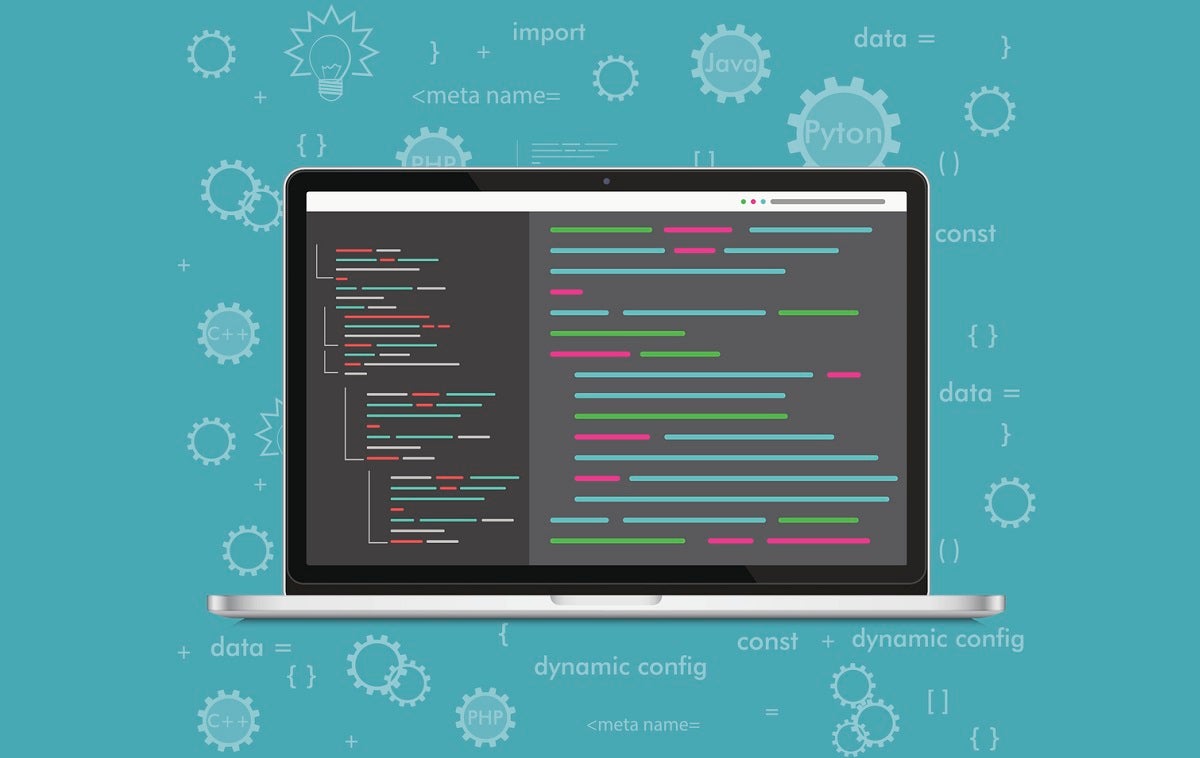The term “open source” refers to software whose source code has been made freely available to everyone and is accompanied by licenses that facilitate its reuse or adaptation to different contexts.
The concept also embodies a culture that promotes the exchange of ideas and values collaboration to improve the code of others. The movement upholds its legacy of collaboration and has produced a series of manifestos advocating for open software development. The arguments in favor are consolidated in the ten principles recognized today as its definition. If the topic of open source is new to you or if you’d like to explore the resources we’ve created at the Inter-American Development Bank (IDB) on this subject, you can use this page as your guide:
- Using Open-Source
- Open-Source at the IDB
- Good practices for Open-Source
- New Frontiers of Open-Source
Explore IDB articles on the Open-Source movement, public software development in Latin America and the Caribbean, and the reuse of open digital tools. You can also learn about the advancements and collaborative opportunities of the IDB’s Code for Development initiative:
- Continue reading about the principles and the Open-Source movement.
- We answer several frequently asked questions about Open-Source.
Using Open-Source
Open-Source software has the potential to be reused worldwide; that is, technological tools created to address a development challenge in one place can be transferred and adapted to the local context of another place facing a similar problem. Similarly, when one develops a new adaptation of an open-source product, committing to publishing it in an open format, this also feeds a virtuous cycle.
Open source has been applied in many different contexts and is constantly evolving. Some of the most recognized examples include the content management system WordPress, the web browser Firefox, and the Linux operating system. Major innovations such as the Internet, GPS, or the touchscreens of our mobile phones have become fundamental elements of developments by major companies like Apple and Google after being opened to the public.
Open-Source at the IDB
At the IDB, we believe that reusing and adapting code presents powerful opportunities for digital transformation in Latin America and the Caribbean. Therefore, we officially recognize software as a knowledge product. Software plays an important role in much of what we do. Sometimes we develop software to meet the needs of countries in the region or to address internal needs of the institution.
After extensive research on the potential of Open-Source for Latin America and the Caribbean, in 2017 the IDB launched the Code for Development initiative. Through this initiative, the IDB created a platform to share our open tools and those contributed by our collaborators. This way, the code is available for governments, businesses, and citizens who wish to reuse it. The initiative is collaborative in nature and provides best practice resources for developers and teams interested in learning more about working in Open-Source.
Good practices for Open-Source
If you want to work in open source, there are certain practices you’ll need to adopt. Standards for opening a code include:
- Documenting it: By publishing the source code in a publicly accessible place and accompanying it with adequate documentation to facilitate its reuse or adaptation by others;
- Evaluating the code to note possible areas for improvement, and;
- Licensing it by assigning appropriate open licenses to the code.
Finally, a focus on accessibility and user-centered design is a good practice in developing digital solutions and a relevant concern when developing solutions with an openness intention.
New Frontiers of Open-Source
In the era of the fourth industrial revolution, technology is growing and will continue to expand with a trend of exponential changes. Some examples where open source will transform the development of emerging technologies include artificial intelligence, blockchain, the Internet of Things (IoT), biotechnology, and quantum computing.
Also, there is the expansion of open trends with digital manufacturing. Digital manufacturing encompasses the use of technologies such as 3D printing, laser cutters, modeling and simulation software, open design plans like STL format, and open hardware like Arduino, among others. To facilitate experimentation with rapid prototyping on-site, the accessibility of these technologies has decentralized the manufacturing of products with the option to produce limited quantities.
Interested in this topic?
Subscribe to Abierto al Público’s blog to follow the new content we publish on this topic. We also invite you to follow the IDB’s Code for Development initiative, continue exploring our content, or propose a new specific angle for us to cover. Alternatively, explore additional topics deepened in the Open to the Public blog.
By Federico Basañez
Article updated on August 2023


¡Hola, muy buenas tardes!
He estado intentando a través de varios modos de descargar el libro “Tecnologías Cuánticas” de Marcos Allende López y otro autor, pero ha resultado infructuoso. Los enlaces siempre salen con un mensaje de error. ¿Cómo podemos obtener ese libro, x favor?
¡Muchas gracias!